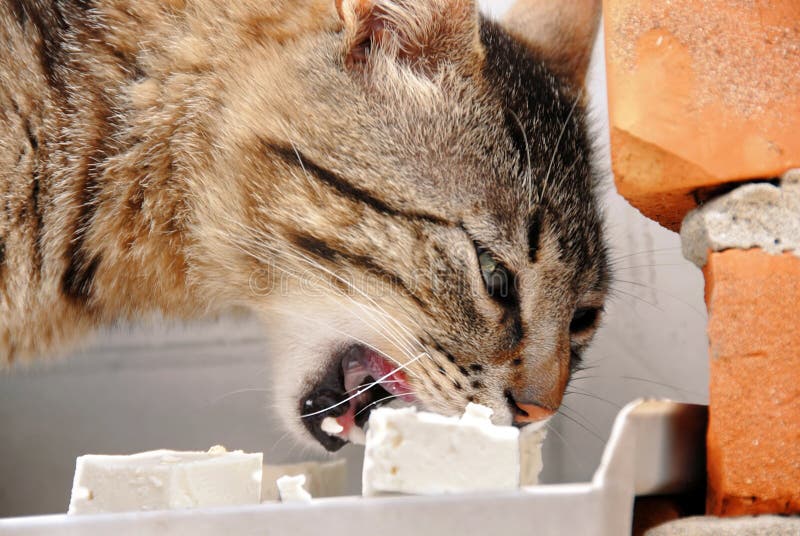Why Cats Gag and Smells so Bad?

Cats possess a highly developed sense of smell, but there are times when certain odors can trigger a gag reflex in them, leaving their owners perplexed. Understanding why cats gag at smells is crucial for ensuring their well-being and addressing any potential health concerns. In this article, we will explore common questions regarding cats’ gag reflexes and provide insights into this peculiar behavior. Sullpet
Why do cats gag at smells?
Cats may gag at smells for various reasons. Their highly sensitive olfactory system can become overwhelmed or irritated by certain odors, leading to a gag reflex. It can serve as a natural defense mechanism to protect them from potential dangers or toxic substances in their environment.
Cats can have individual sensitivities to different smells. While it varies from cat to cat, certain common triggers include strong chemicals, cleaning agents, certain plants, or even specific food odors. Understanding your cat’s specific sensitivities can help you avoid exposing them to triggers that cause gagging.
Is gagging a sign of a health issue?
In some cases, repeated or persistent gagging at smells can be an indication of an underlying health issue. Conditions such as oral infections, gastrointestinal problems, or dental diseases can cause a cat’s sense of smell to become hypersensitive, leading to gagging at certain odors. If you notice frequent or concerning gagging episodes, it is advisable to consult a veterinarian for a thorough examination.
Also Read: 10 Proven Ways to Prevent Cats from Eating Plant
Can allergies cause cats to gag at smells?
Yes, just like humans, cats can develop allergies or sensitivities to certain smells. Allergens such as strong chemicals, perfumes, pollen, or even certain food ingredients can trigger an allergic reaction in cats, including gagging.
If you suspect allergies are causing your cat’s gag reflex, consult with a veterinarian to determine the appropriate steps to manage the allergies.
Also Read: How to Tell if Your Cat Has a Fever Without a Thermometer
How to prevent cat gagging at smells?
If your cat frequently exhibits gagging behavior at smells, it’s important to observe for any other concerning symptoms and monitor the frequency and severity of the gagging episodes. Consulting with a veterinarian is recommended to rule out any underlying health issues and receive proper guidance based on your cat’s specific situation.
While it may not be possible to eliminate all smells that trigger your cat’s gag reflex, there are some steps you can take to minimize their exposure. Avoid using strong chemicals or cleaning agents with overpowering scents around your cat. Opt for more natural and mild-smelling alternatives. Additionally, keep potentially harmful substances out of your cat’s reach to prevent accidental ingestion.
Home remedies for cat gagging at smells
If your cat’s gagging episodes are infrequent and not associated with underlying health issues, you can try some home remedies to alleviate the discomfort.
Creating a calm and stress-free environment, providing proper ventilation, and using air purifiers can help reduce the likelihood of triggering your cat’s gag reflex. However, it’s always best to consult with a veterinarian before attempting any home remedies.
Also Read: Why are cat Paws so cold
When to seek veterinary help?
While occasional gagging at smells might not be a cause for immediate concern, certain situations warrant veterinary attention.
If your cat’s gagging becomes frequent, and severe, or is accompanied by other symptoms such as coughing, difficulty breathing, or changes in appetite or behavior, it is essential to seek veterinary help promptly. A thorough examination can help identify any underlying health issues and determine the appropriate treatment.
Conclusion
While cats gagging at smells can be puzzling, it is often a natural response to protect themselves from potential harm or irritation. Understanding the reasons behind this behavior can help cat owners better care for their feline companions.
However, if the gagging becomes frequent, persistent, or accompanied by other concerning symptoms, it is essential to consult with a veterinarian for a comprehensive evaluation. By staying attentive to your cat’s well-being and seeking professional advice when needed, you can ensure they lead a healthy and comfortable life.





